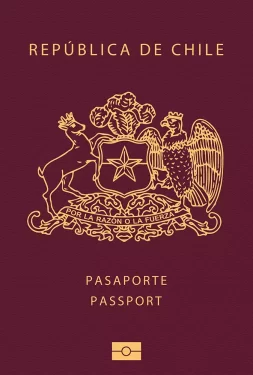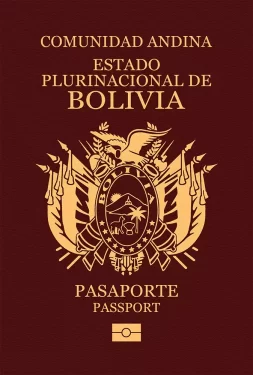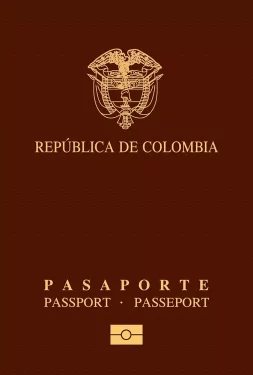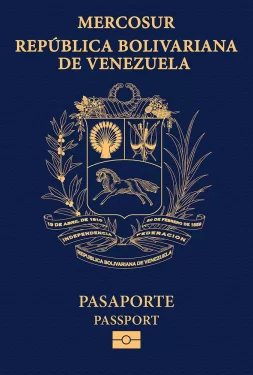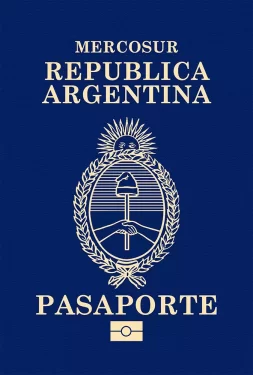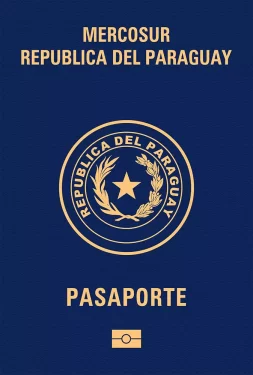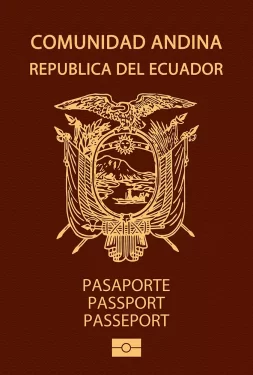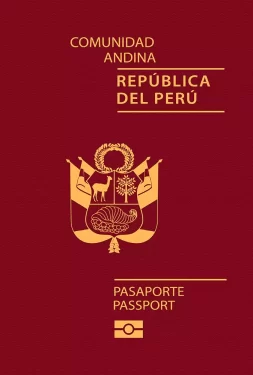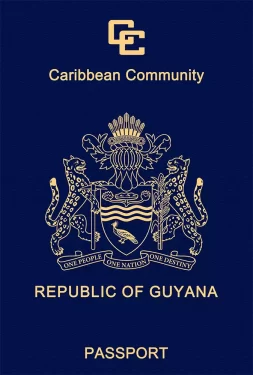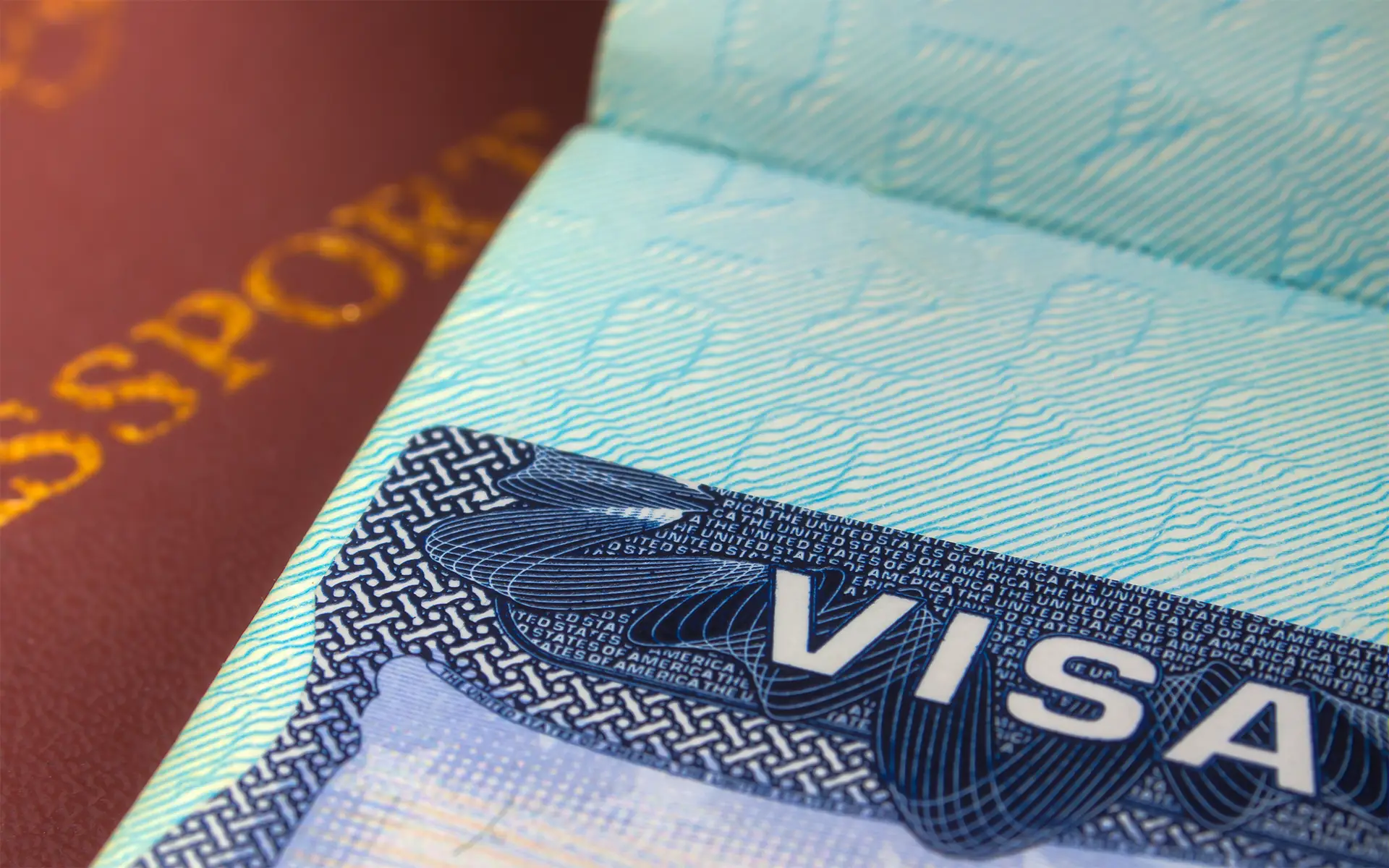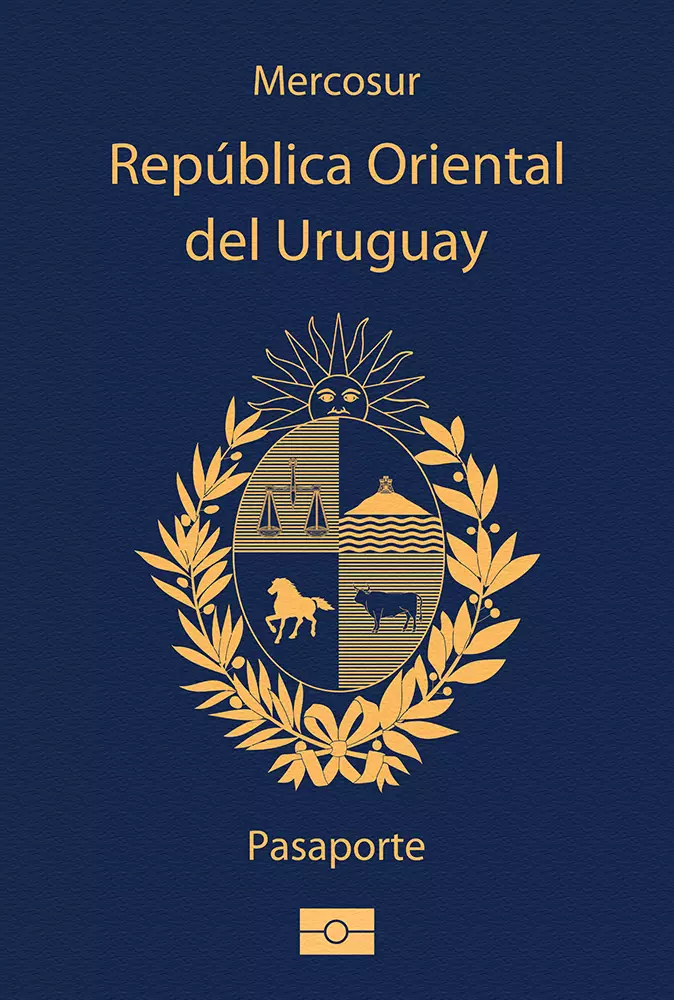

Uruguay
Uruguay passport ranking
The Uruguayan passport is currently ranked 24th place on the Guide Passport Index. It provides visa-free access to 156 countries. With a high mobility score it is one of the more desirable passports in the world. Uruguayan passport holders have visa-free access and visas on arrival to countries such as United Kingdom, United Arab Emirates, Russia and the entire European Union. This allows almost instant travel opportunities worldwide. Uruguayan passport holders do however require a visa to enter about 73 destinations in the world. Some countries where visa is required are China, India and the United States.
Uruguay Passport Ranking
The Uruguay passport ranking relative to other global passports is calculated by adding up the number of countries that allow Uruguay passport holders to enter without a visa (i.e. visa-free countries) and those that allow Uruguay passport holders to enter by obtaining a visa on arrival (i.e. visa-on-arrival countries) or electronic travel authorization (eTA). There are currently a total of 119 Uruguay passport visa-free countries, 33 Uruguay visa-on-arrival countries, and 4 eTA destinations.
Altogether, Uruguay passport holders can enter a total of 156 destinations—either without a visa, through a visa on arrival, or via an eTA. As a result, the Uruguay passport ranks 24 in the world.
Separate from these Uruguay visa-free countries and visa-on-arrival countries, there are 73 additional destinations in which Uruguay passport holders either need a physical visa to enter or an eVisa (i.e. visa required countries).
About Uruguay
The Oriental Republic of Uruguay consists of 19 departments. The most important departments are Montevideo, Canelones and Maldonado. The nation is situated in South America bordering the countries of Argentina and Brazil. Uruguay is the 2nd smallest country in South America with a surface area of 176,215 square kilometers. Its climate is temperate with hot summers and mild winters. The terrain is characterized by rolling plains, low hills, and fertile coastal land.
The overall population is over 3.4 million people, making it the 10th largest country in South America. The capital of the country is Montevideo, which is also the most populous city with more than 1.7 million inhabitants. It is followed by Salto and Ciudad de la Costa. The largest airport is Carrasco International Airport (MVD) with 2 million annual passengers. The airport connects the country of Uruguay to destinations in South America, North America, and Europe.
Uruguayan culture is dominated by its European ancestry with South European traditions. There is a multi-cultural and religious mix present in most of the country with the Roman Catholic belief being predominant. The official language is Spanish. The legal system is based on the Spanish Civil Code. The government type is a presidential republic. The chief of state and at the same time head of government is the elected President Luis Alberto Lacalle Pou.
The official currency is the Peso Uruguayo (UYU) with the current exchange rate being UYU 39.64 to the USD. The country has an open economy, generating a GDP of approximately $86.5 billion, making it the 15th largest economy in Latin American countries. Its citizens have a per capita income of $24,516. The GDP is mostly made up of 2 key sectors, which are services and industry. Some of the most important export products are electrical machinery, petroleum, textiles, cellulose, beef, and soybeans.
Uruguay is known for its vast nature and beautiful coastline. There are a total of 2 cultural UNESCO World Heritage sites scattered across the country. Some of the major destinations include the capital Montevideo, Punta del Este, Colonia del Sacramento, Punta del Diablo, Cabo Poonio, and Casapueblo. The nation has a total of approximately 3.2 million tourists visiting every year with the majority originating from North and South America. This makes Uruguay one of the most visited countries in South America.
